
Question to the EC: EU strategy for addressing cross-border health threats and its updating
See Francisco Guerreiro’s question to the European Commission and the written answer on the European Union strategy for addressing cross-border health threats and its updating.
Subject: EU strategy for addressing cross-border health threats and its updating
In December 2016, the European Court of Auditors (ECA) published a report (No 28/2016) which stated that the EU needed to do more to protect citizens from pandemics and other cross-border health threats.
The report pointed out the EU’s approach to combating diseases presented several weaknesses. In addition to a delay in implementing and developing the EU Decision on serious cross-border threats to health (2013), there was also a lack of an EU strategy to address possible urgent shortages of vaccines and other medical countermeasures. The reports states that the EU alert and response system needs to be updated and that the updated EU-level approach to early warning and response for serious chemical and environmental threats had not yet been tested. The ECA also found that there is a lack of internal coordination between the various Commission programmes and services and that the crisis management system needed to be reviewed.
1. Which of the ECA’s recommendations has the Commission implemented and how has it done so?
2. How has the Commission sought to increase cooperation between the EU and Member States in these areas?
3. What funding has been allocated to implement these recommendations and what programmes or services will be funded from the 2021-2027 MFF?
Answer in writing
The Commission implemented the recommendations of the European Court of Auditors and speeded up the development of the innovations introduced by the decision on serious cross‐border threats to health(1). Notably, the Commission in collaboration with the Health Security Committee (HSC) (involving Member States, the European Centre for Disease Prevention and Control and the World Health Organisation) developed a strategic roadmap for the HSC, and a technical action plan on preparedness and the implementation of the International Health Regulations(2). Progress included the re-engineering of the Early Warning Response System, the improvement of the Commission’s Health Emergency Operations Facility for the management of major crises with the Emergency Response Coordination Centre and the ARGUS system, and the development of standard operating procedures, trainings and exercises with Member States.
The Joint Procurement Agreement, signed by all Member States and other European countries, allows for participating countries and the Commission to jointly purchase medical countermeasures. In response to COVID-19 outbreak, the Commission launched joint procurements for personal protective equipment, ventilators and laboratory equipment, and set up a rescEU stockpile of critical medical equipment with a budget of EUR 380 million.
Moreover, the Commission supported Member States' efforts in strengthening health security with more than EUR 50 million under the Health Programme, including through joint actions. The Commission proposed a new EU4Health Proramme for 2021-2027 with a budget of EUR 9.4 billion, contributing to the post-COVID-19 recovery and ensuring that health systems are more resilient to face future health threats.
(1) https://eur-lex.europa.eu/legal-content/en/ALL/?uri=CELEX:32013D1082
(2) World Health Organization, International Health Regulations (IHR 2005)
https://www.who.int/ihr/publications/9789241596664/en/
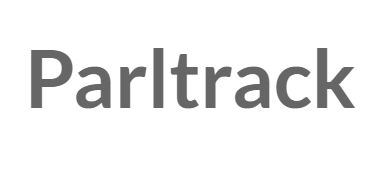

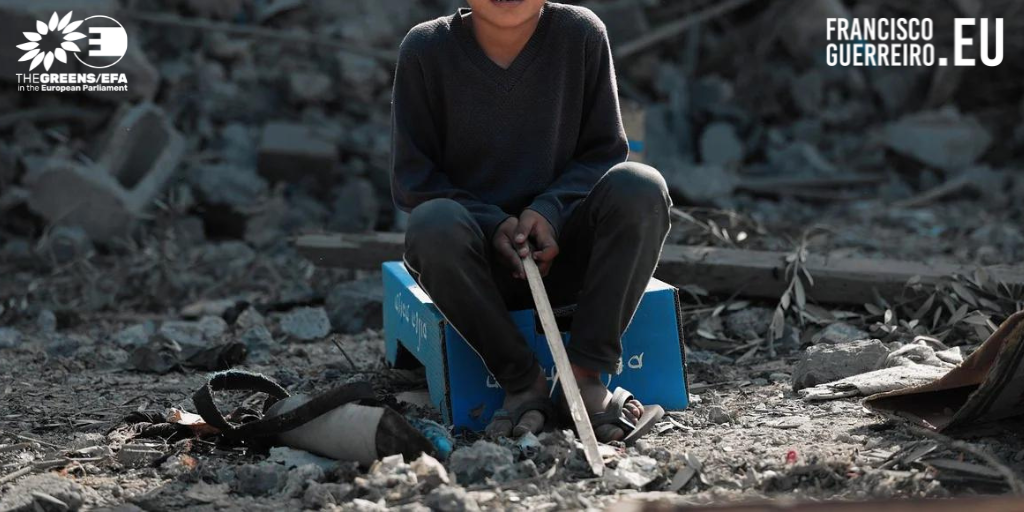
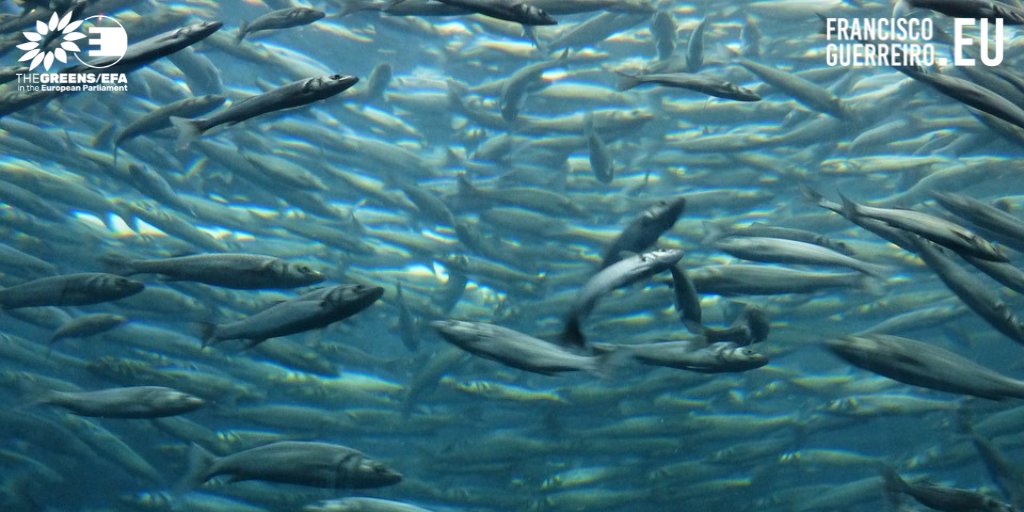
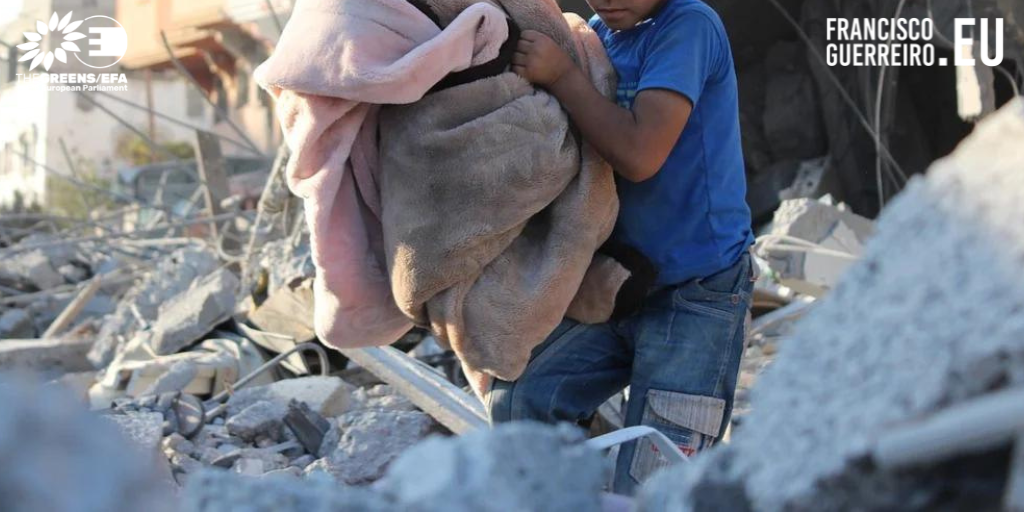
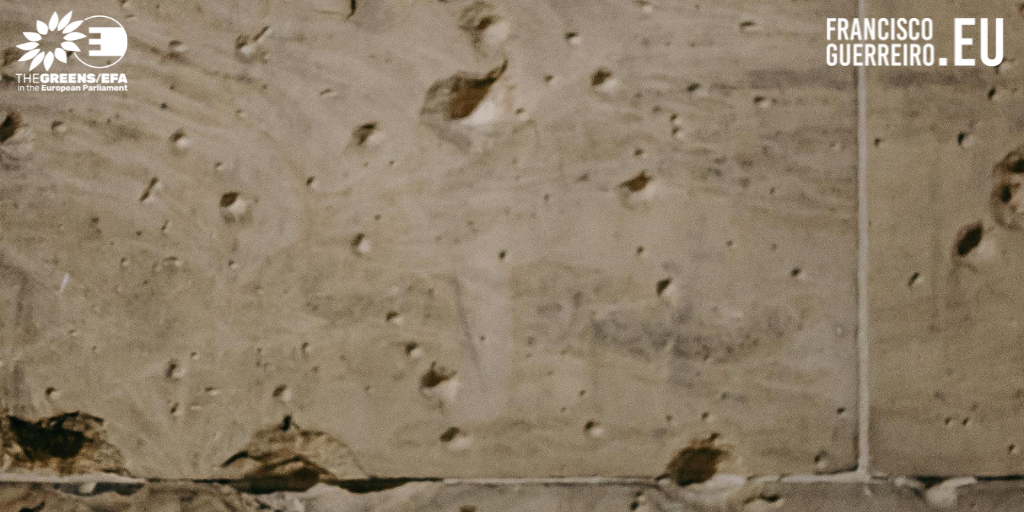
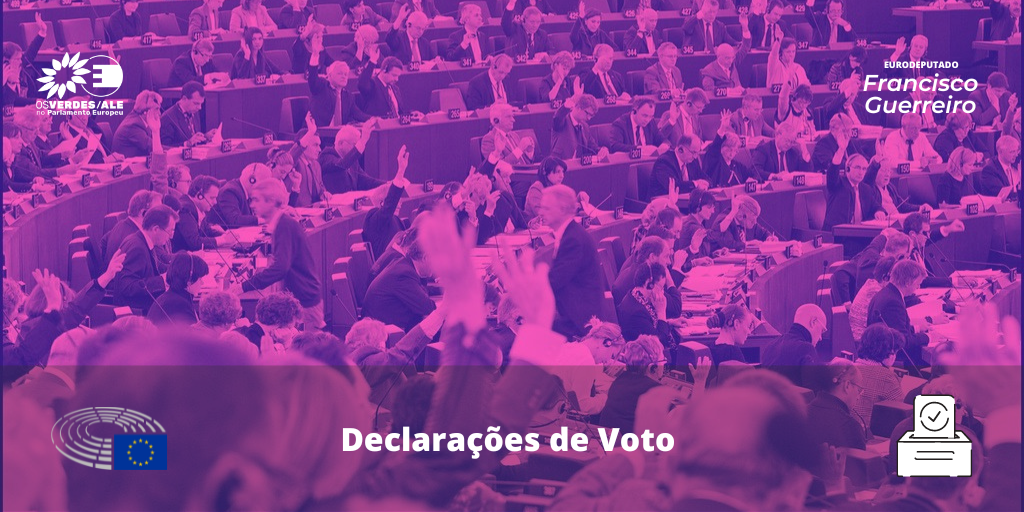
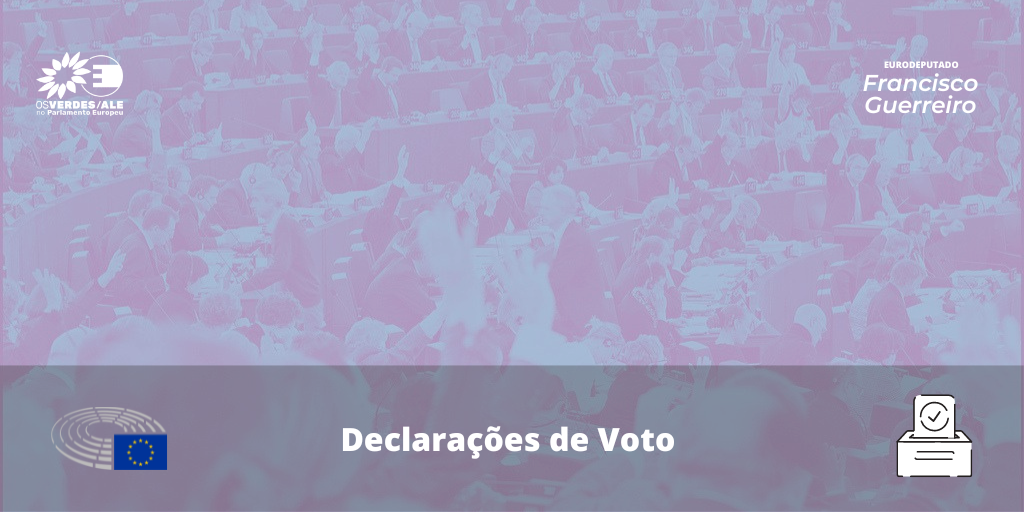
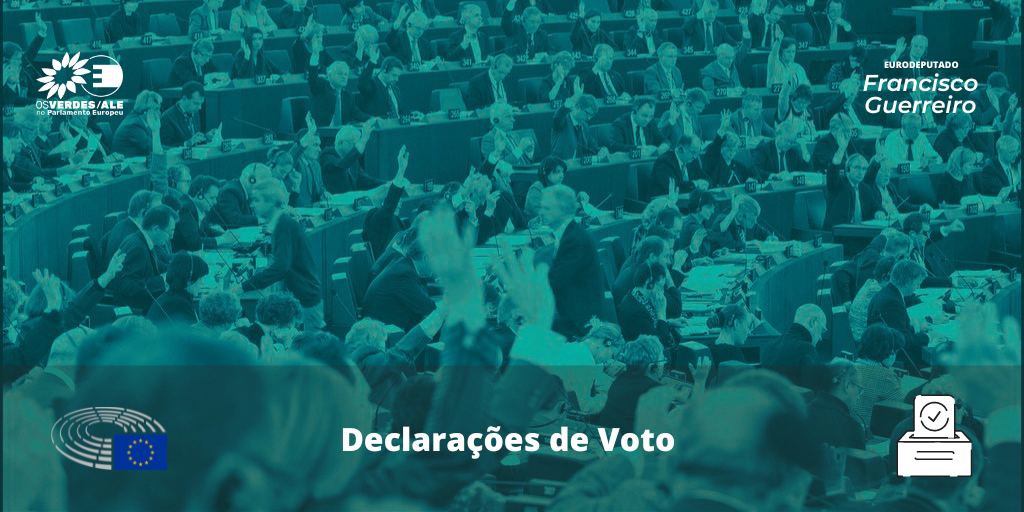
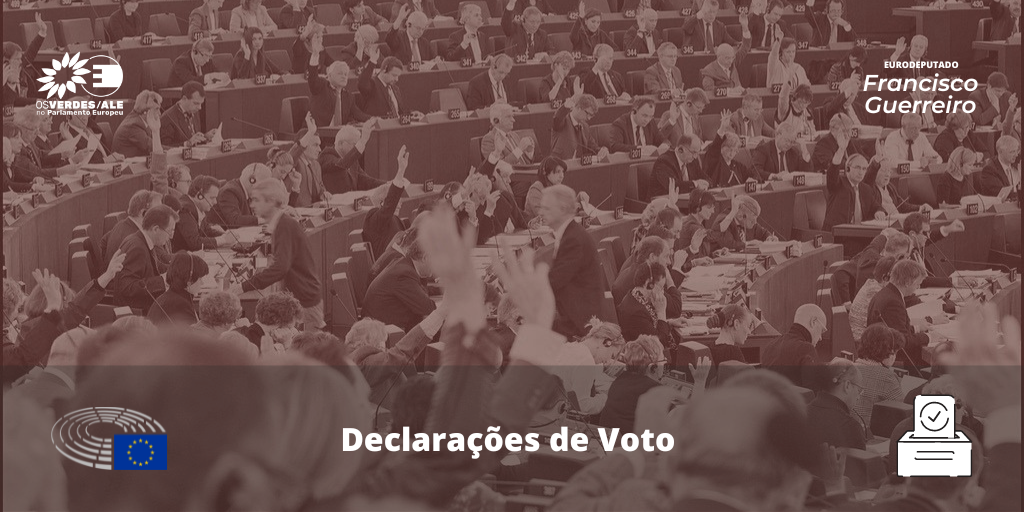
ParlTrack - Francisco Guerreiro considered one of the most productive MEPs
Monday, 01 July 2024
The analytical website ParlTrack has recorded all the parliamentary actions of MEPs during the 2019-2024 term, considering Francisco Guerreiro one of the most productive.READ MORE